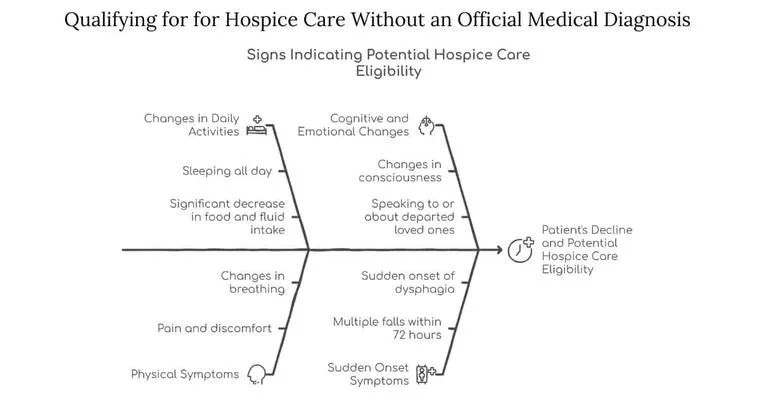In an era where "ageism" is increasingly prevalent in society, the role of "geriatricians" becomes vital in providing appropriate healthcare for older adults. These specialized physicians focus on the unique medical and psychological needs of seniors, addressing issues that are often overlooked by general practitioners. As the population ages, the importance of "geriatric medicine" cannot be overstated, serving as a critical countermeasure to the misconceptions and biases that often accompany aging.
Understanding Geriatricians and Their Role
Geriatricians are medical doctors who undergo specialized training to care for the complex health issues faced by older adults. Their expertise encompasses a wide range of concerns, including "chronic diseases", "cognitive decline", and "mobility challenges". Unlike traditional medical practitioners, geriatricians are equipped to approach healthcare from a holistic perspective, ensuring that the emotional, social, and physical aspects of aging patients are considered in their treatment plans.
Combatting Ageism in Healthcare
Ageism in healthcare manifests as stereotypes and discriminatory attitudes that can lead to inadequate treatment for older patients. This bias can result in misdiagnoses, ineffective treatment plans, and a lack of respect for the autonomy of seniors. Geriatricians actively combat this issue by advocating for their patients and ensuring they receive the attention and care they deserve. They challenge the notion that aging equates to inevitable decline, promoting a more positive and proactive approach to healthy aging.
Comprehensive Care Models
Geriatricians employ comprehensive care models that focus on the whole person rather than just individual symptoms. This approach often includes:
"Medication management" to avoid polypharmacy, which is common among seniors taking multiple medications.
"Rehabilitation services" to enhance mobility and independence.
"Mental health support" to address conditions such as depression and anxiety, which are often underdiagnosed in older adults.
"Palliative care" to improve the quality of life for those with chronic or terminal illnesses.
By addressing these diverse needs, geriatricians not only improve the health outcomes of their patients but also empower them to maintain their dignity and independence.
Advocating for Better Policies
In addition to providing direct patient care, geriatricians play a crucial role in advocacy. They work to influence healthcare policies that promote age-friendly practices. This includes pushing for increased funding for geriatric training programs and supporting legislation that ensures equitable access to healthcare services for seniors. By addressing systemic issues, geriatricians aim to create a healthcare environment that respects and values older adults.
The Future of Geriatric Medicine
As the aging population continues to grow, the demand for geriatricians will rise. More healthcare institutions are recognizing the importance of specialized care for older adults, leading to innovative programs and services tailored to their needs. By investing in geriatric training and resources, the healthcare system can better combat ageism and improve the quality of care for seniors.
In conclusion, geriatricians are essential in the fight against ageism in healthcare. Their specialized knowledge and patient-centered approach ensure that older adults receive the comprehensive care they need and deserve. By recognizing the value of geriatric medicine, we can work towards a more inclusive healthcare system that honors the dignity of every individual, regardless of age.





